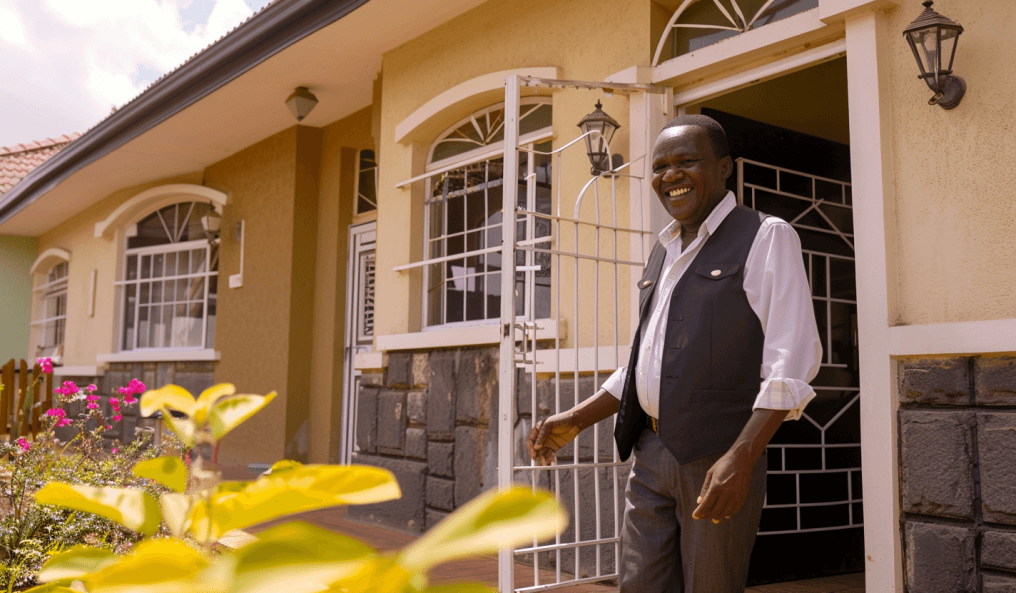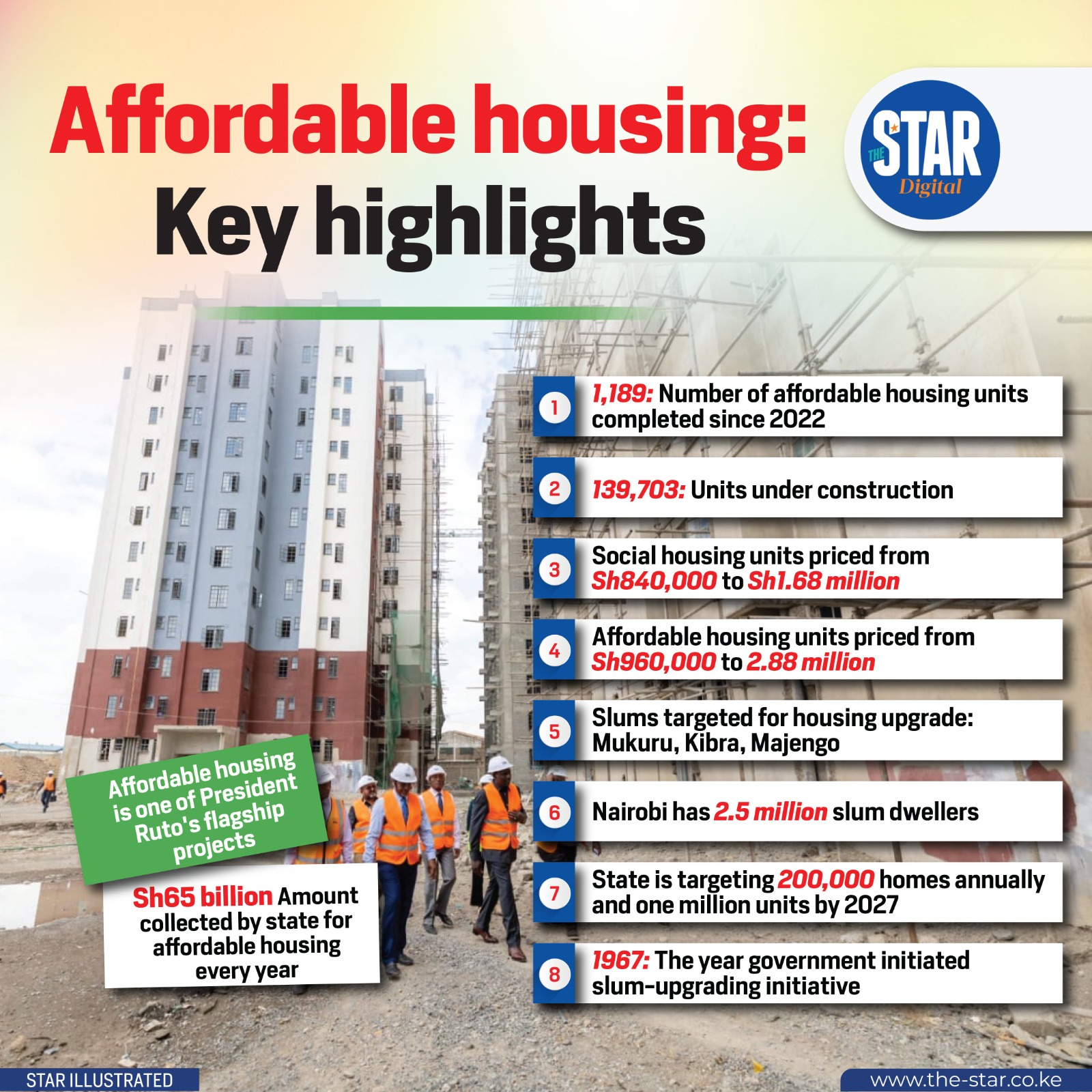One of the biggest financial decisions any Kenyan can make is choosing between buying land and building their own home or purchasing a completed house. Each option has its unique benefits and challenges. Your decision will likely depend on factors like your budget, timelines, flexibility, lifestyle needs, and long-term financial goals.
The Case for Buying Land
Many Kenyans view land as a solid, long-term investment. The freedom to design and construct a custom home makes land ownership very attractive.
Advantages of Buying Land
- Custom Design: Buying land allows you to design your dream home exactly the way you want it — room sizes, number of floors, materials used, and layout.
- Cost Control: You can build in phases based on your budget. This “pay as you go” method makes construction more affordable over time.
- High Appreciation: Land appreciates rapidly in areas like Ruiru, Juja, Syokimau, and Athi River, especially near major highways and new infrastructure.
- Less Competition: There's more land available for sale in outskirts and emerging towns than there are houses.
Challenges of Buying Land
- Development Costs: After buying land, you still need to pay for design, permits, construction, and utilities like water and electricity.
- Time-Consuming: Building takes time. It could be months or even years before you’re able to move in.
- Risk of Fraud: Title deed fraud and double ownership remain big issues. You must verify documents and work with a trusted lawyer and surveyor.
- Hidden Costs: Building can involve unexpected expenses, such as contractor fees, approvals from NEMA or county authorities, and site security.
The Case for Buying a House
Buying a ready-made home, whether off-plan or complete, is becoming increasingly common among middle- and upper-income Kenyans. This option suits those looking for immediate occupancy and less construction stress.
Advantages of Buying a House
- Move-in Ready: You can occupy your new home immediately without worrying about builders, delays, or permits.
- Predictable Costs: You know the exact price of the home upfront, and there are fewer hidden expenses.
- Financing Options: Banks and SACCOs offer mortgage facilities for completed homes, especially in gated estates and developments.
- Amenities Included: Most developments come with security, water, parking, playgrounds, and sometimes gyms and pools.
Challenges of Buying a House
- Limited Customization: You're stuck with the design. Making changes can be costly or impossible if the property is part of a controlled estate.
- Depreciation Risk: If the area lacks demand or becomes congested, house values may stagnate or drop.
- Higher Entry Costs: Buying a completed house can be expensive, especially in Nairobi suburbs like Kilimani, Lavington, and Karen.
Cost Comparison: Land vs House in Kenya
The cost of land varies based on location:
- Land in Joska or Kangundo Road: Ksh 400,000 – 800,000 per 50x100 plot.
- Land in Ruiru or Juja: Ksh 1.5M – 3M per plot.
- House in Nairobi Estates: Ksh 5M – 30M depending on location, size, and amenities.
If you purchase land and build a standard 3-bedroom house yourself, your total cost might range between Ksh 4M – 8M depending on finishes. A similar house might cost Ksh 10M or more if bought from a developer.
Ideal Buyer Profiles
- Buy Land If: You are patient, want to build slowly, value design freedom, and want to build equity over time.
- Buy a House If: You want convenience, fast occupancy, and access to mortgage financing with little hassle.
Emerging Trends in Kenya
- Off-Plan Projects: Developers are offering houses at lower prices when you pay before construction is complete, allowing some customization.
- Smart Homes: New houses with digital locks, solar panels, and smart appliances are gaining traction among young buyers.
- Gated Communities: More Kenyans are buying into lifestyle estates offering security, green spaces, and a sense of community.
Final Thoughts
The decision between buying land and buying a house in Kenya depends on your personal and financial situation. If you're a visionary who wants control and can manage construction, land might be the better choice. If you're looking for a ready-to-live solution with minimal effort, buying a house makes more sense. Regardless of your path, always do proper due diligence, engage professionals, and consider future resale or rental value. Real estate in Kenya remains a powerful wealth-building tool when approached with knowledge and care.




